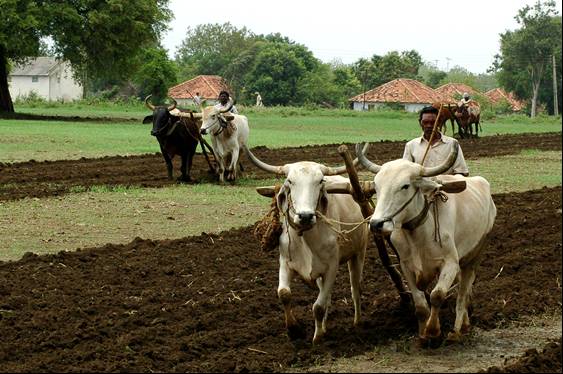
Team News Riveting
Amidst unruly scenes, the Rajya Sabha passed two crucial bills that aim to transform the agriculture sector and significantly raise farmer income by removing restrictions on sale and transportation of farm output.
The Farmers’ Produce Trade and Commerce (Promotion and Facilitation) Bill, 2020 and the Farmers (Empowerment and Protection) Agreement of Price Assurancand Farm Services Bill, 2020 which were passed by Lok Sabha on Sept 17, were also passed amid protests from opposition.
These bills, after enactment will replace ordinances promulgated on June 5, 2020.
Union minister for agriculture Narendra Singh Tomar clarified the doubts of the members and said the procurement at Minimum Support Price (MSP) would continue. The MSP for the coming Rabi season would be announced in the coming week.
The new legislation would create an ecosystem where the farmers and traders will enjoy freedom of choice of sale and purchase of agri-produce. It would also promote barrier-free inter-state and intra-state trade and commerce outside the physical premises of markets notified under State Agricultural Produce Marketing legislations.
The farmers would not be charged any cess or levy for sale of their produce and would not have to bear transport costs. Farmers would be able to engage in direct marketing thereby eliminating intermediaries resulting in full realization of price.
The minister said mandis would not stop functioning, trading will continue as usual. Under the new system, farmers would have the option to sell their produce at other places in addition to the mandis
The Farmers (Empowerment and Protection) Agreement of Price Assurance and Farm Services Bill, 2020 would empower farmers to engage with processors, wholesalers, aggregators, wholesalers, large retailers, exporters etc., on a level playing field. Price assurance to farmers even before sowing of crops. In case of higher market price, farmers will be entitled to this price over and above the minimum price.
It would transfer the risk of market unpredictability from the farmer to the sponsor. Due to prior price determination, farmers will be shielded from the rise and fall of market prices. It would also reduce the cost of marketing and improve income of farmers.
The minister clarified that the farmer would have full power in the contract to fix a sale price of his choice for the produce. They would receive payment within 3 days. 10000 Farmer Producer organizations would be formed throughout the country. These FPOs would bring together small farmers and work to ensure remunerative pricing for farm produce.
After signing the contract, consumers would pick up the produce directly from the farm.



